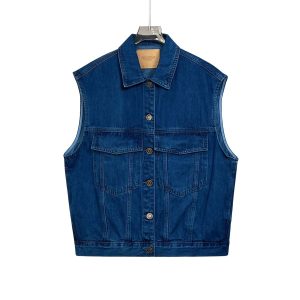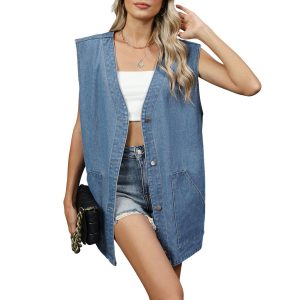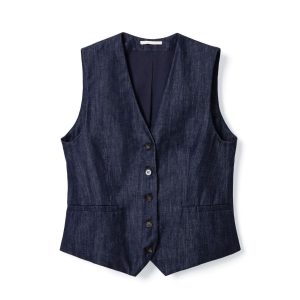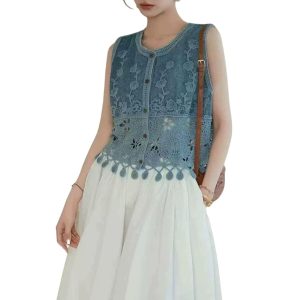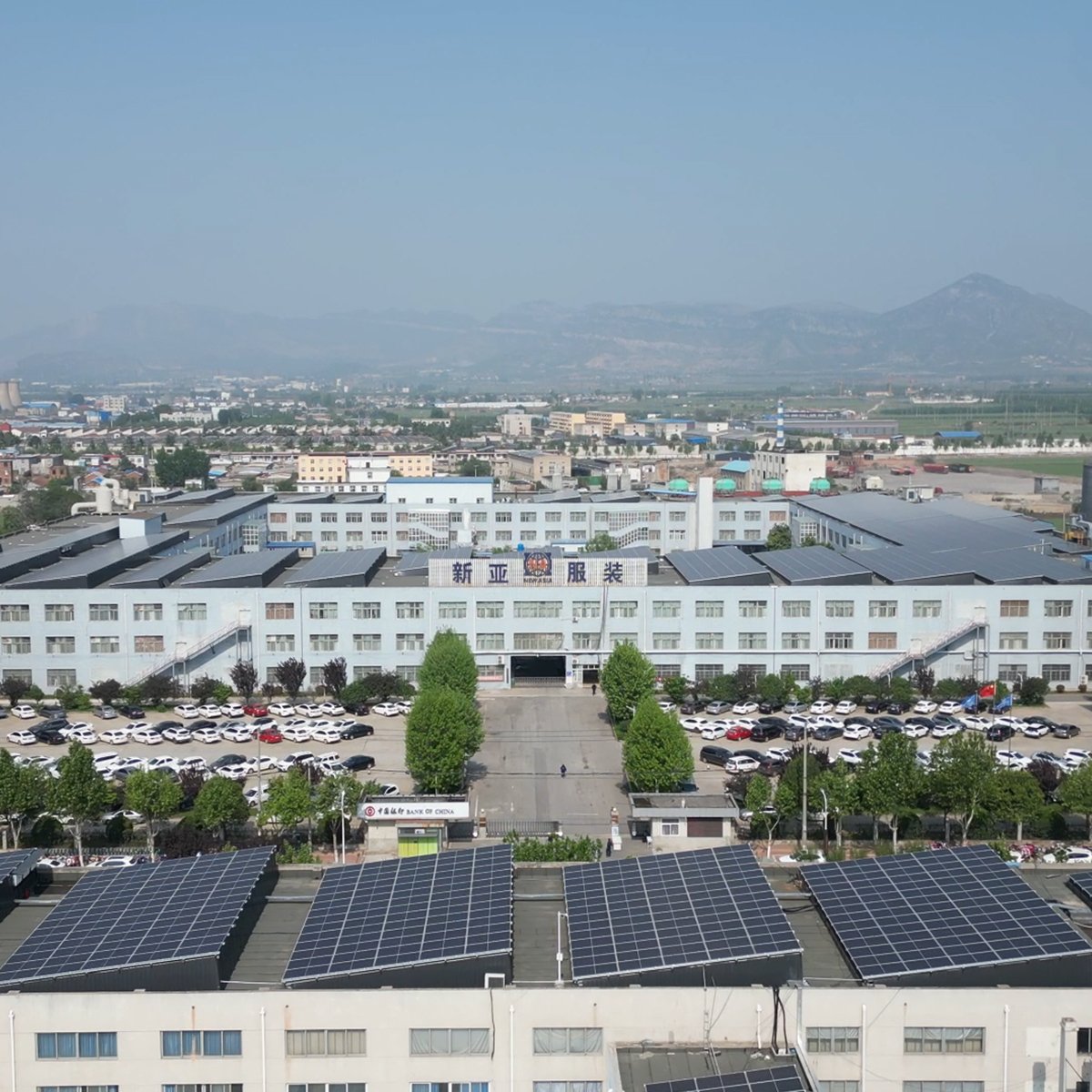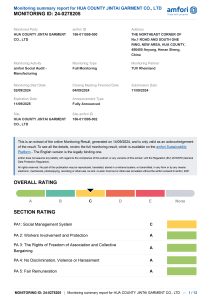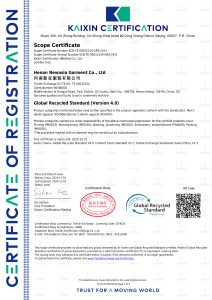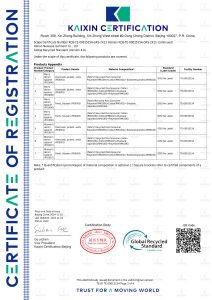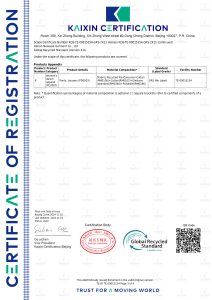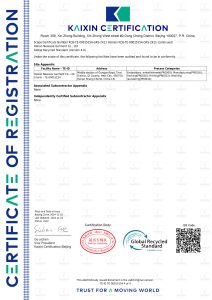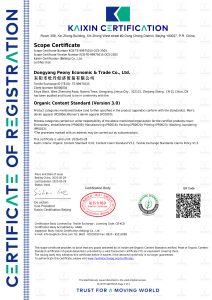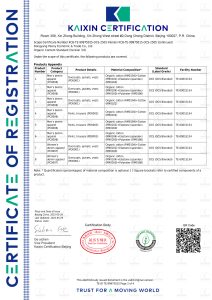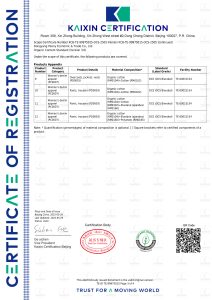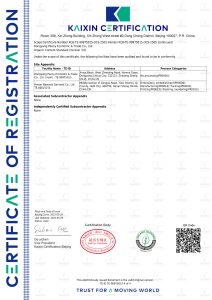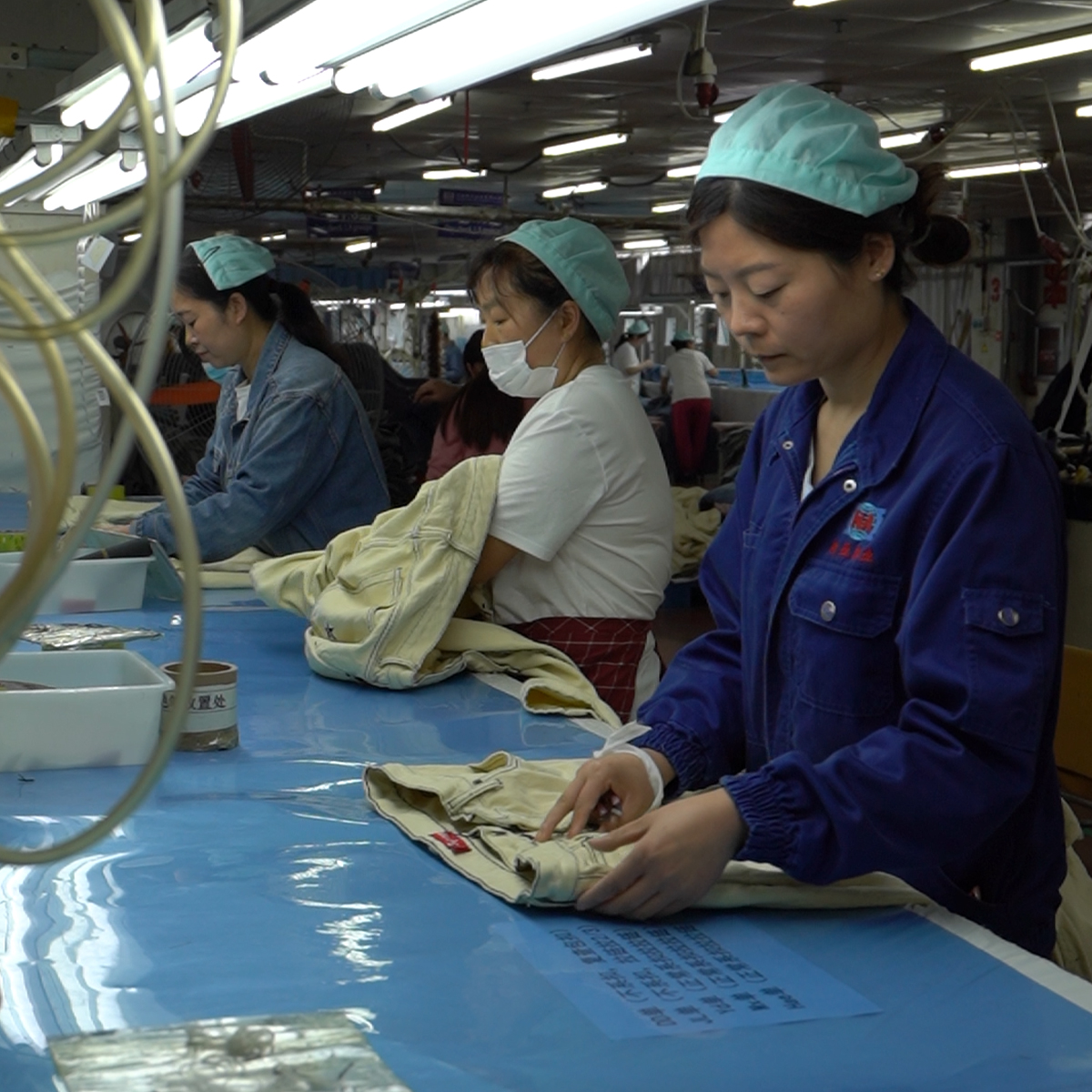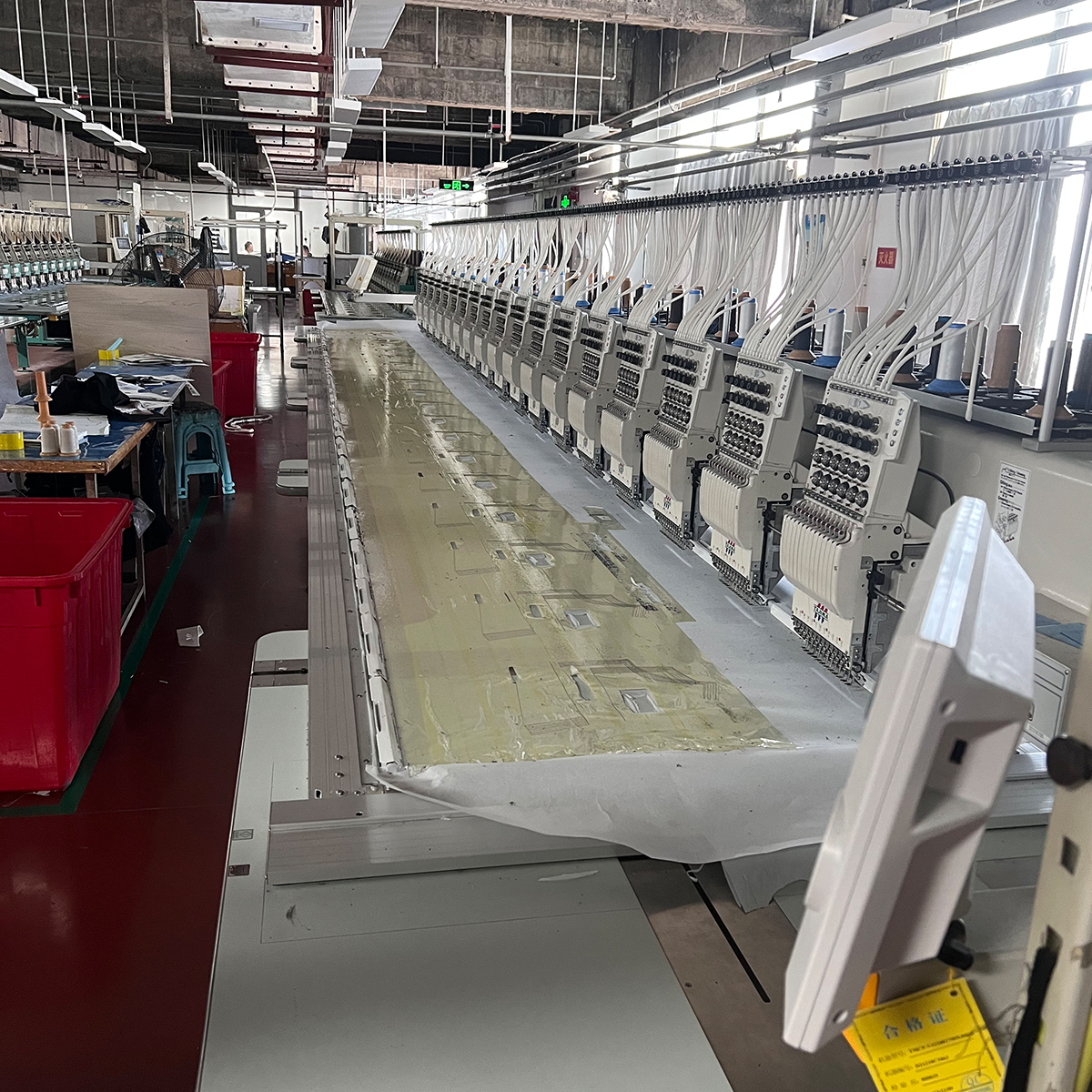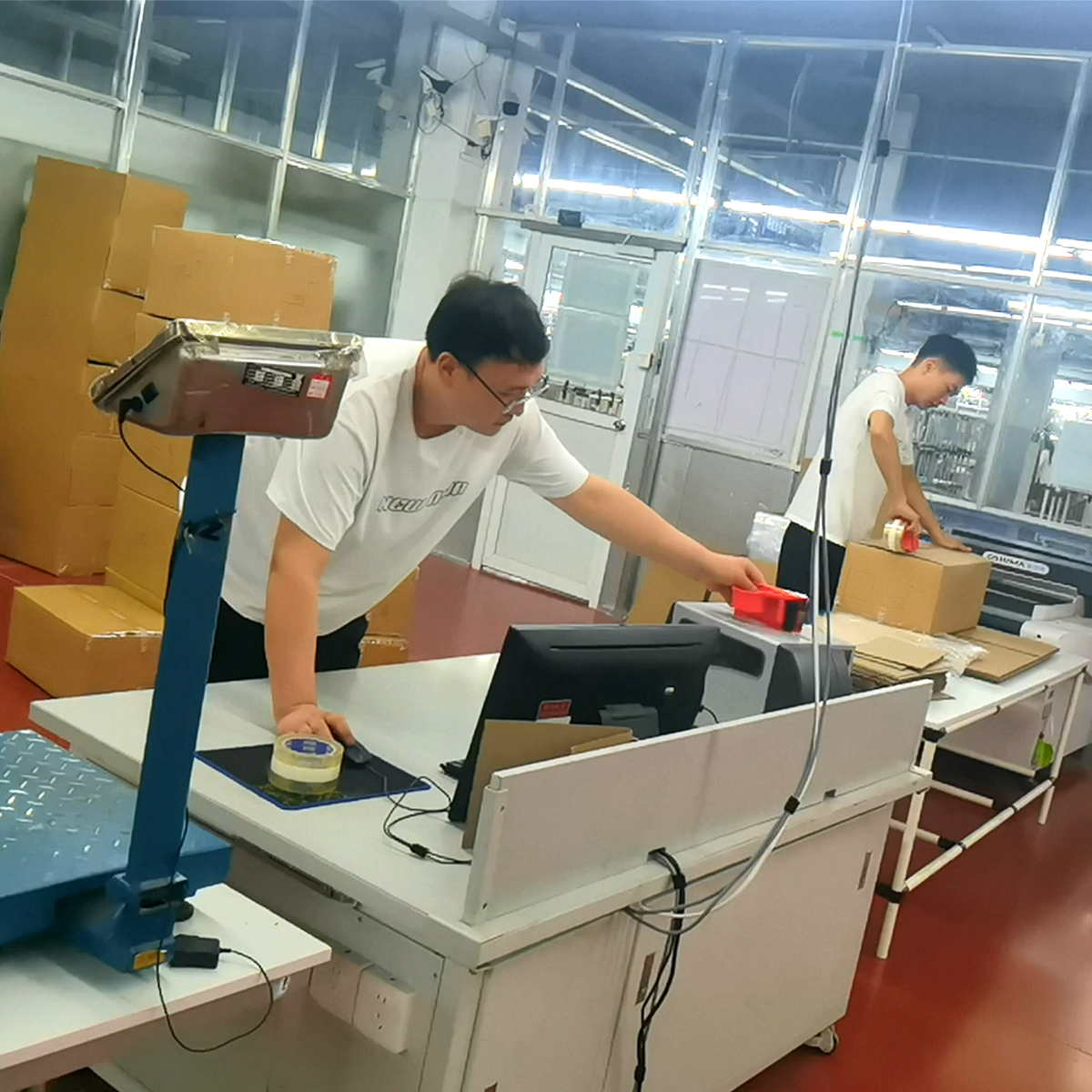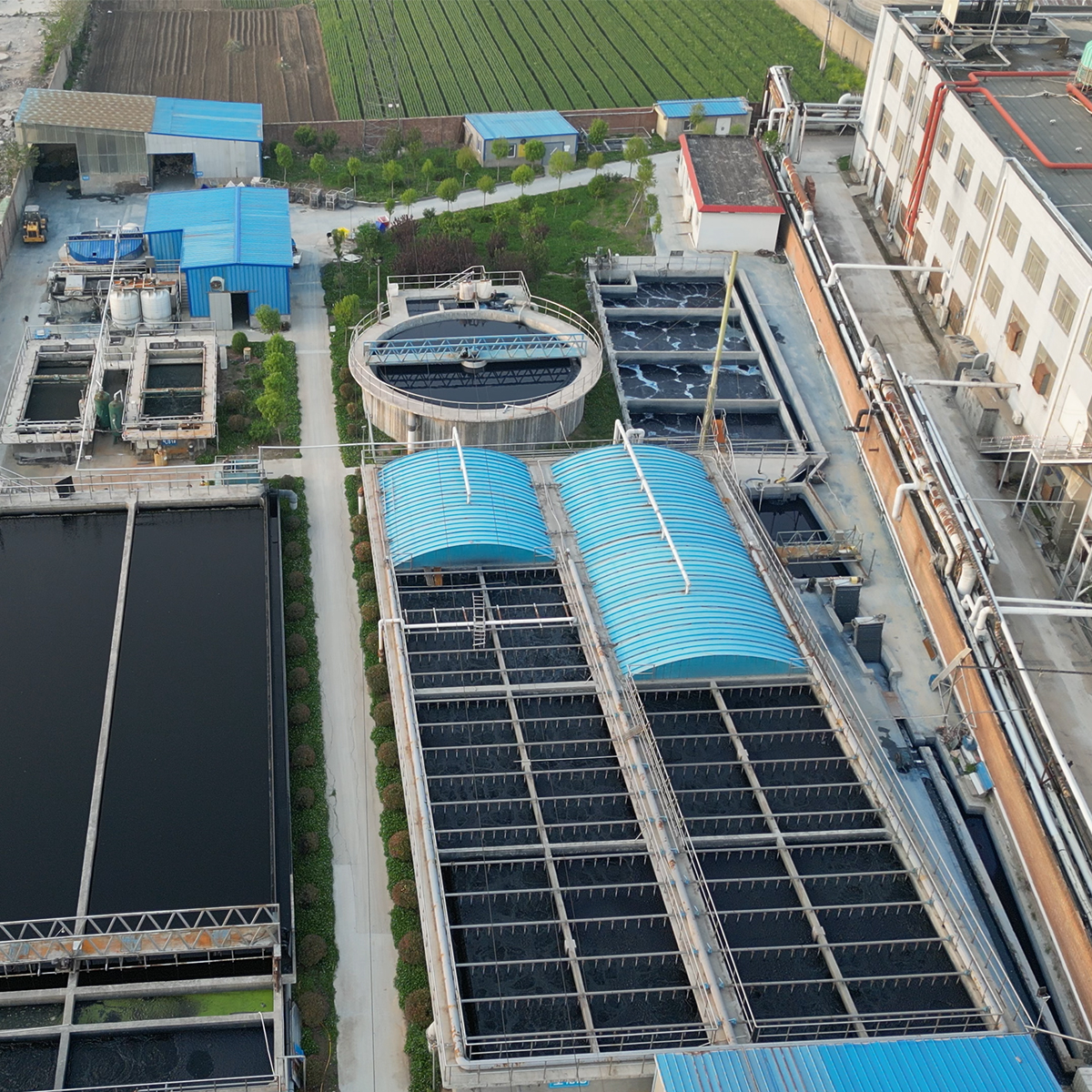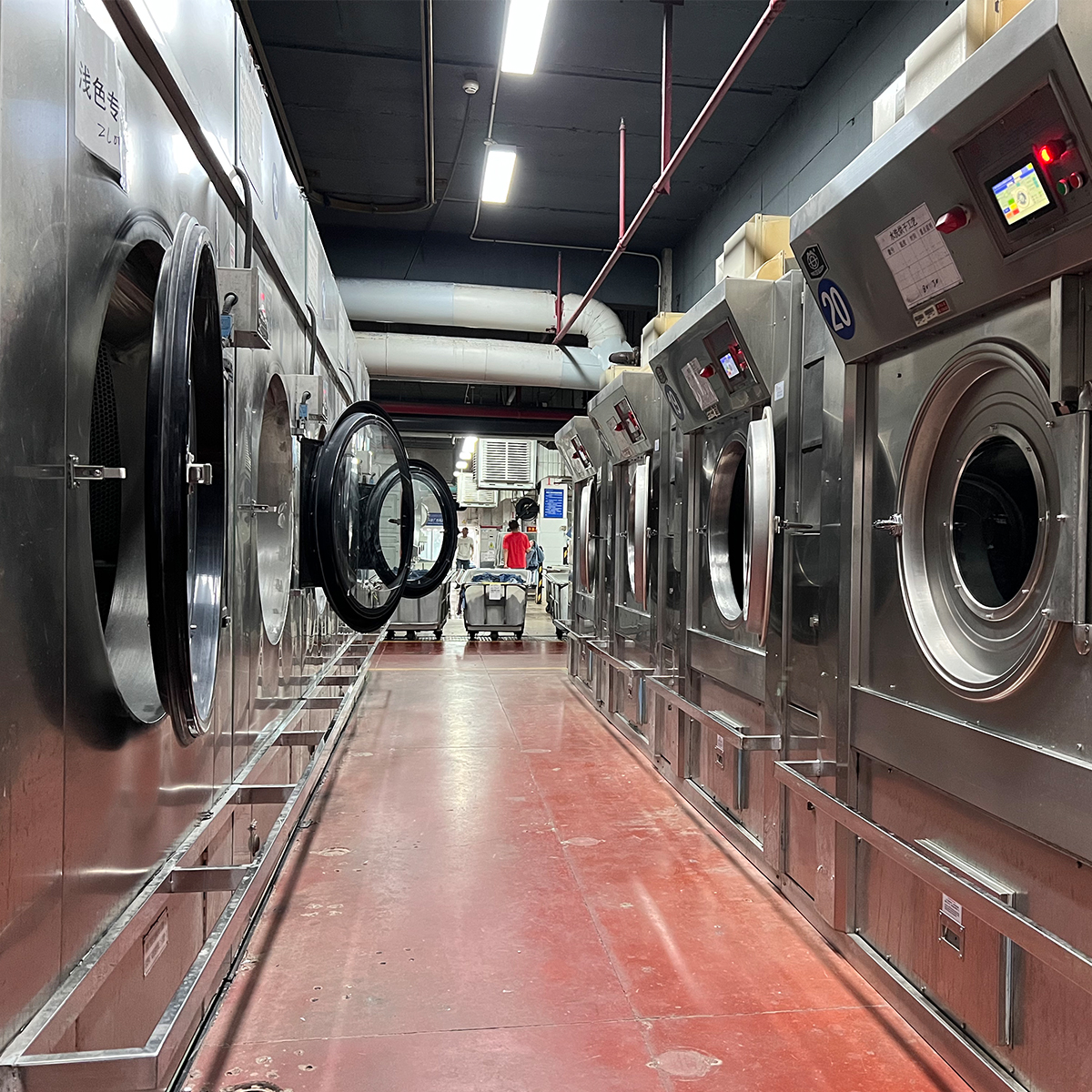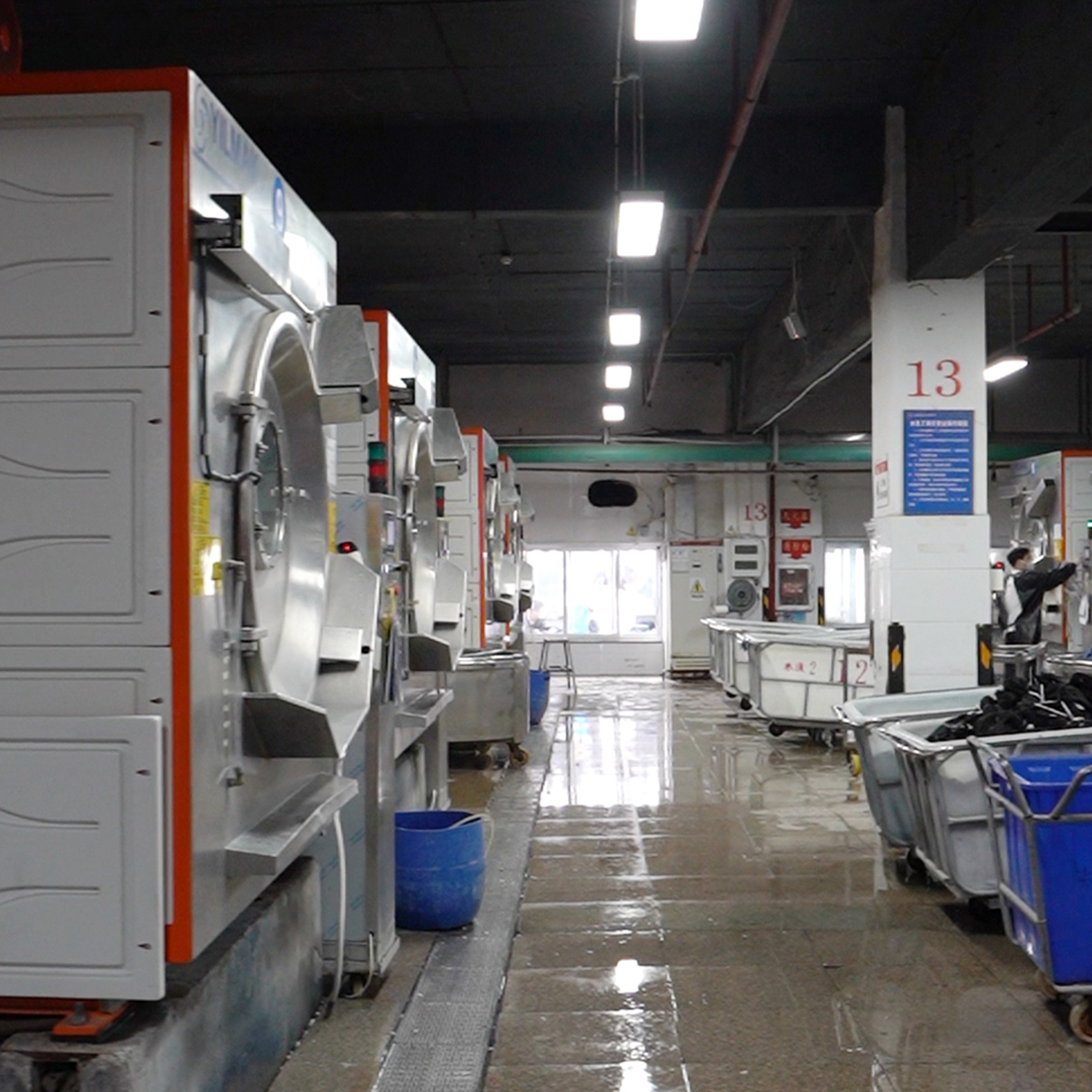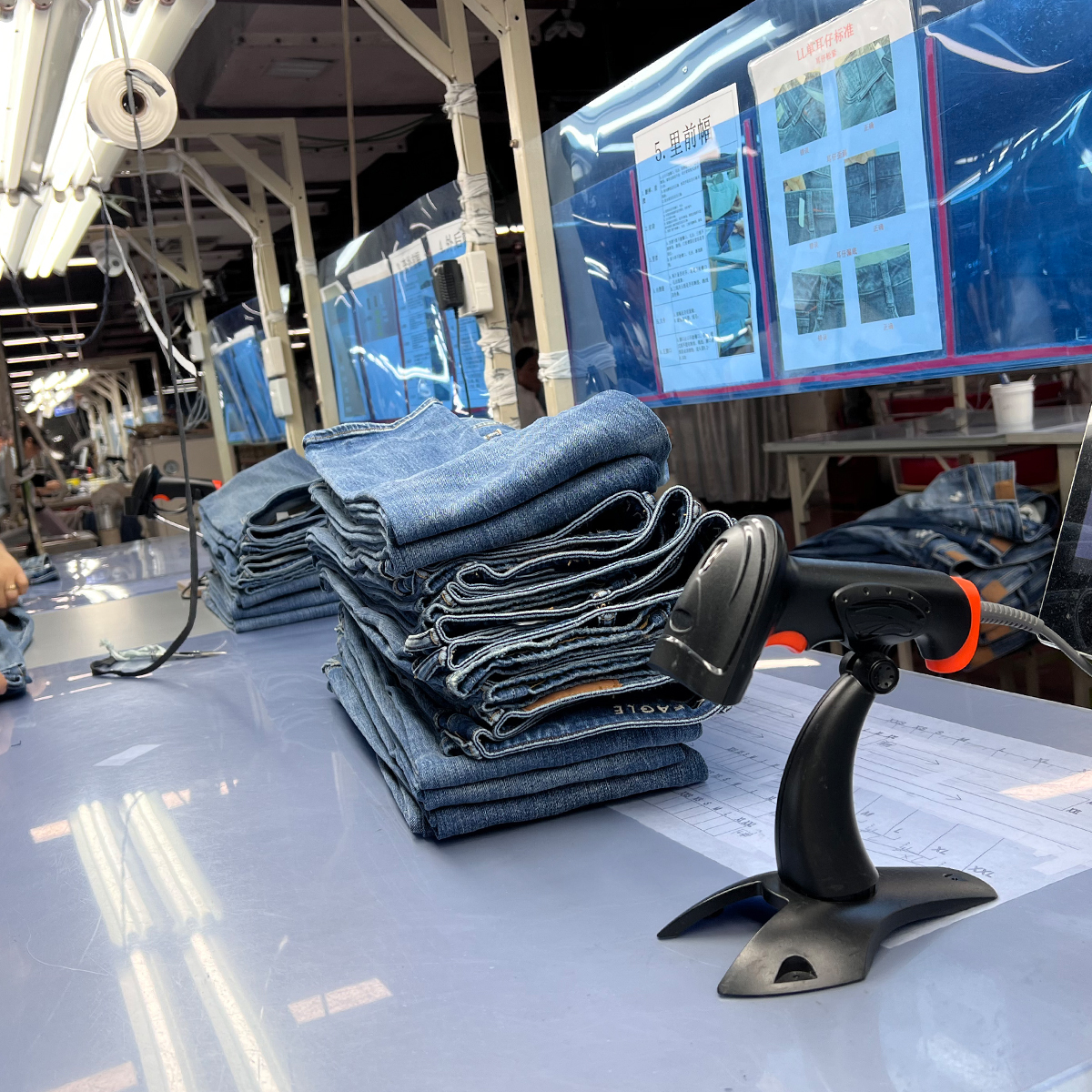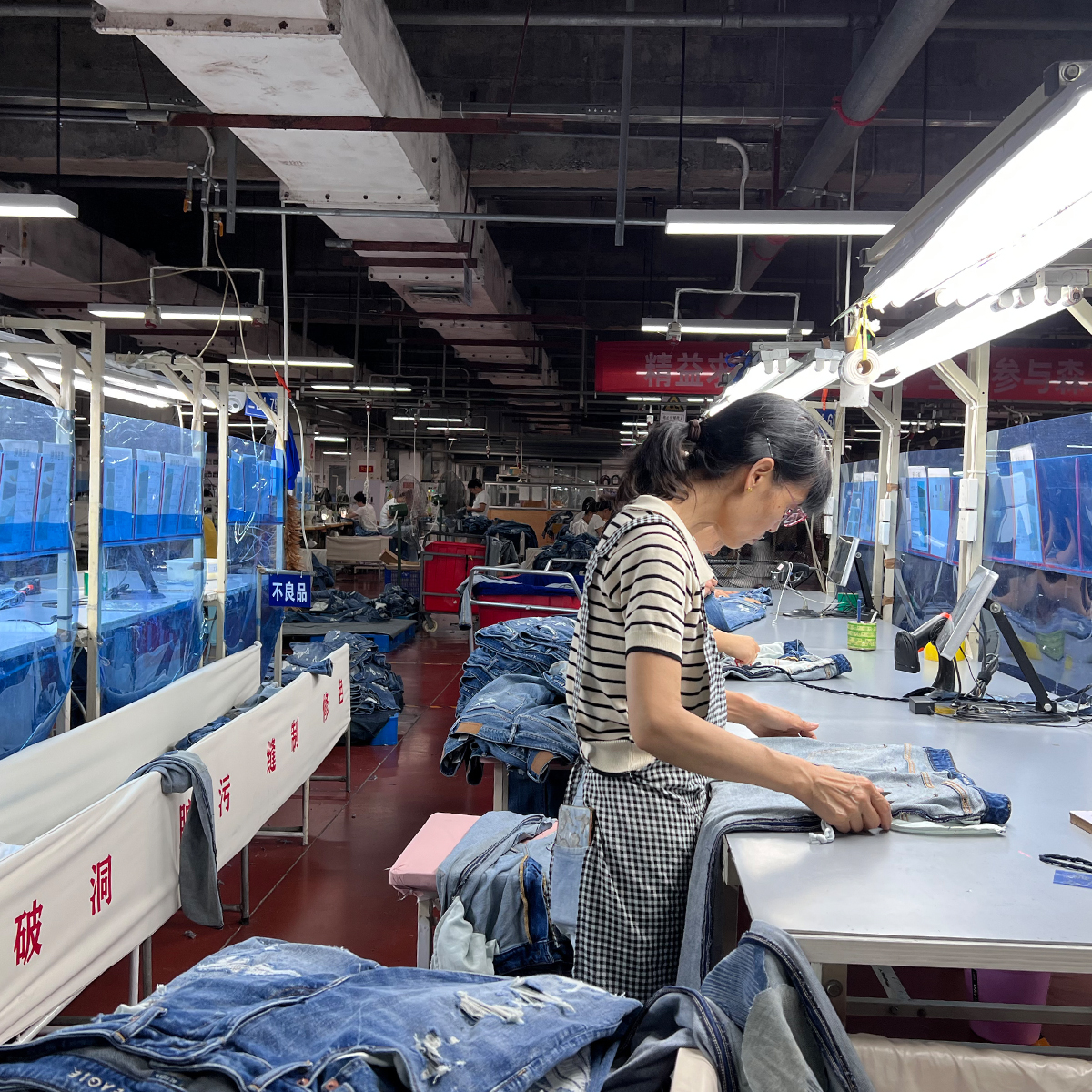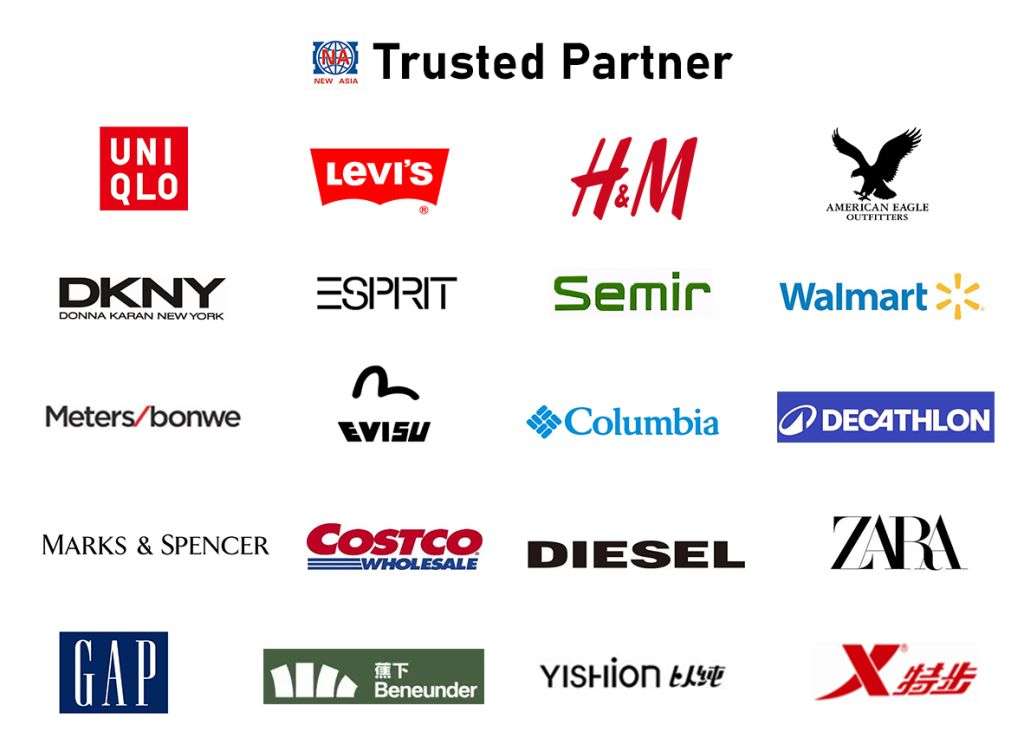In the dynamic world of fashion, few items are as timeless and versatile as jeans. From casual outings to high-fashion runway shows, jeans have cemented their status as essential wardrobe staples. Behind every pair of premium jeans lies a chain of trusted suppliers and manufacturers committed to quality, sustainability, and innovation. For brands, retailers, and entrepreneurs looking to establish or expand their denim offerings, choosing the right jeans supplier is a critical step toward success. This comprehensive guide delves into the essentials of selecting a reliable jeans manufacturer, exploring industry insights, key qualities to look for, sourcing strategies, and the future of denim manufacturing.
Understanding the Denim Industry Landscape
The denim industry has evolved significantly over the past few decades. Traditionally dominated by large-scale manufacturing hubs in countries like China, Bangladesh, India, and Turkey, the industry now sees a growing emphasis on sustainability, ethical practices, and technological innovation. Consumers today are increasingly conscious of how their clothing is made, demanding transparency and fairness from brands and manufacturers alike.
Moreover, the rise of boutique brands and artisanal denim producers has created a more fragmented but also more vibrant marketplace. This landscape necessitates clear criteria for choosing trustworthy suppliers¡ªthose who can deliver consistent quality, adhere to ethical standards, and innovate within the ever-changing fashion industry.
What Makes a Trustworthy Jeans Supplier and Manufacturer?
1. Quality and Consistency
At the core of any reputable jeans manufacturing partner is unwavering quality. This involves the use of high-grade raw materials such as premium cotton and sustainability-certified fabrics. Consistency ensures that every batch maintains the same standards, reducing returns, and increasing customer satisfaction.
2. Ethical and Sustainable Practices
Today’s brands are under growing pressure to operate ethically. A trustworthy supplier should follow fair labor practices, provide safe working environments, and minimize environmental impact through eco-friendly dyeing, water conservation, and waste management programs.
3. Technological Capabilities
Advancements in manufacturing technology, including computer-aided design (CAD), automated cutting, and eco-friendly finishing techniques, enable suppliers to produce innovative, high-quality denim with precision and efficiency.
4. Transparency and Traceability
Reliable suppliers are transparent about their production processes, sourcing origins, and compliance measures. Traceability ensures accountability at every step, reinforcing trust with clients.
5. Flexibility and Lead Times
Effective communication, flexible order quantities, and reasonable lead times are crucial for brands to respond to market trends swiftly. A dependable manufacturer accommodates these needs without compromising quality.
Key Strategies for Sourcing the Right Jeans Manufacturer
1. Conduct Thorough Research
Start with online research, reviews, and industry reports to identify potential suppliers. Attend industry trade shows and fashion expos to meet manufacturers firsthand and assess their facilities and capabilities.
2. Request Samples and Portfolios
Ask for product samples to evaluate craftsmanship, fabric quality, and design details. Review their portfolios for diversity and innovation in denim styles.
3. Verify Certifications and Compliance
Ensure the manufacturer complies with international standards such as ISO certifications, environmental standards like OEKO-TEX, and social compliance certifications like WRAP or Fair Trade.
4. Visit Manufacturing Facilities
If feasible, visiting the manufacturer¡¯s facilities provides valuable insights into their operations, hygiene standards, and workforce conditions.
5. Negotiate Terms and Build Relationships
Clear communication about pricing, lead times, minimum order quantities, and after-sales support fosters strong, long-term partnerships.
Emerging Trends in Denim Manufacturing
The industry is witnessing transformative trends that influence how jeans are produced and perceived. Some of these include:
- Sustainable Denim: Brands are adopting eco-friendly fibers, waterless dyeing techniques, and recycled materials to reduce environmental impact.
- Technological Innovation: 3D modeling, laser finishing, and automation are improving precision, reducing waste, and enabling complex designs.
- Customization and Limited Editions: Makers are offering bespoke fits, personalized washes, and exclusive collaborations to meet diverse consumer preferences.
- Local Manufacturing: To cut down on logistics and carbon footprint, some brands favor local or nearshore manufacturing options.
Spotlight on Leading Jeans Suppliers and Manufacturers
While many manufacturers operate globally, some names have gained recognition for their reliability, innovation, and ethical standards. Notable among them are:
- Amni Jeans: Known for sustainable production and innovative fabrics, Amni Jeans partners with eco-conscious brands worldwide.
- Levi Strauss & Co.: A pioneer in sustainable denim, Levi has integrated advanced manufacturing practices in its global supply chain.
- Calik Denim: A Turkish manufacturer renowned for quality, innovation, and sustainability certifications.
- ISKO: Belgo-Italian company leading in stretch denim and technological innovation.
Why Building a Reliable Supply Chain Matters
A robust supply chain not only ensures product quality but also enhances brand reputation, enables scalability, and allows for rapid response to market trends. Trustworthy manufacturers foster transparency, uphold social and environmental standards, and support brands in achieving long-term success.
The Future of Denim Manufacturing: Innovations and Challenges
As the demand for sustainable and technologically advanced denim grows, manufacturers are investing in research and development. Innovation in biodegradable fabrics, waterless dyeing, and digital manufacturing will become standard. However, challenges such as fluctuating raw material costs, geopolitical uncertainties, and evolving regulations require industry players to adapt continuously.
Partnerships built on integrity, transparency, and mutual growth are paramount. Brands seeking to stand out must balance trend-forward designs with responsible manufacturing practices. As consumers become more discerning, trustworthiness in supply chains will be a differentiator that ultimately drives brand loyalty and market success.



